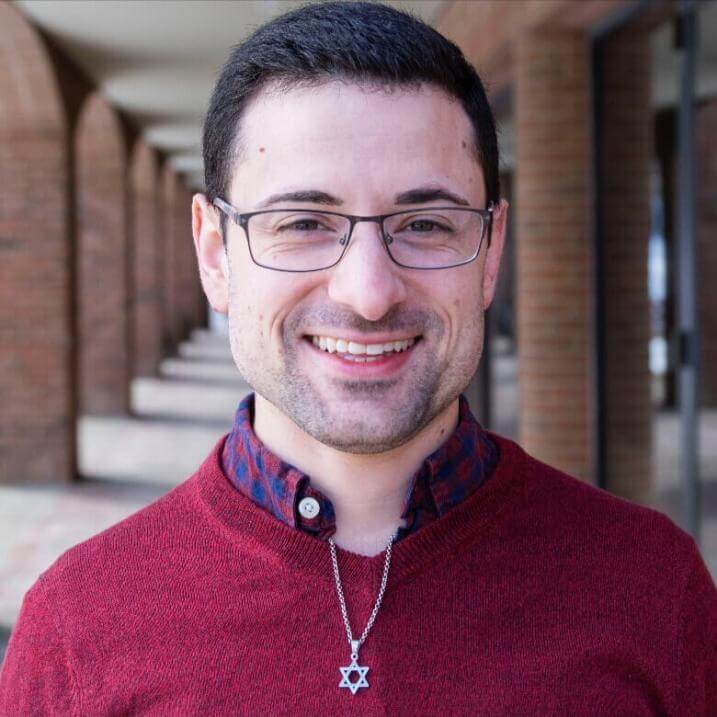Through collaborations with the Vice Provost and Dean of Students Office, the Center for Health and Wellbeing, Student Life, UVM Athletics, community organizations, and many others, Catamounts have the opportunity to learn more about healthy relationships, positive sexuality, sexual health, and more. Prevention and education assets are constantly evolving. Among our current assets are required sexual assault prevention courses for all students.
Our approach acknowledges that a holistic prevention program includes interventions across all levels of the "social environment." We aim to include programming that targets individual skillsets and beliefs, relationship building skills (like healthy communication and conflict resolution) as well as interventions on the community-based and institutional levels, like respondent education programs and sexual violence prevention trainings for student organization leaders.
Activities and Events
Dedicated staff from across the university work to sponsor, produce, and host a wide variety of engaging and informative events and activities across campus. Here are a few examples:
- Required pre-orientation learning modules for all undergraduate, graduate, and medical student
- Resident Assistant training
- Health education communications
- “Let’s Talk About Sex” week of programming
- Sports club and athletics training sessions
- Fraternity and sorority “Sexual Violence Summit” trainings
- Social media-based health education communications
- Empowerment self defense trainer development
- Sexual Violence Awareness Month (April) programming in collaboration with Student Government Association
Offerings
If you would like to bring a workshop to your group, department, or class, the university offers a variety of topics, including:
- Community Healing: centering healing from harm for yourself and your community
- Masculinity topics: looking at how masculinity intersects with privilege, empathy, harm and healing
- Being an Active Bystander: Intervening when you witness concerning behavior within your community
- Healthy Relationships: defining desire, identifying red and green flags, communicating boundaries and needs, and dealing with rejection
- Introduction to Transformative Justice: learning community-based accountability practices
Our Educators
Sexual Violence Prevention and Education Coordinator
Coordinator of Men & Masculinities Programs
Clinical Assistant Professor


